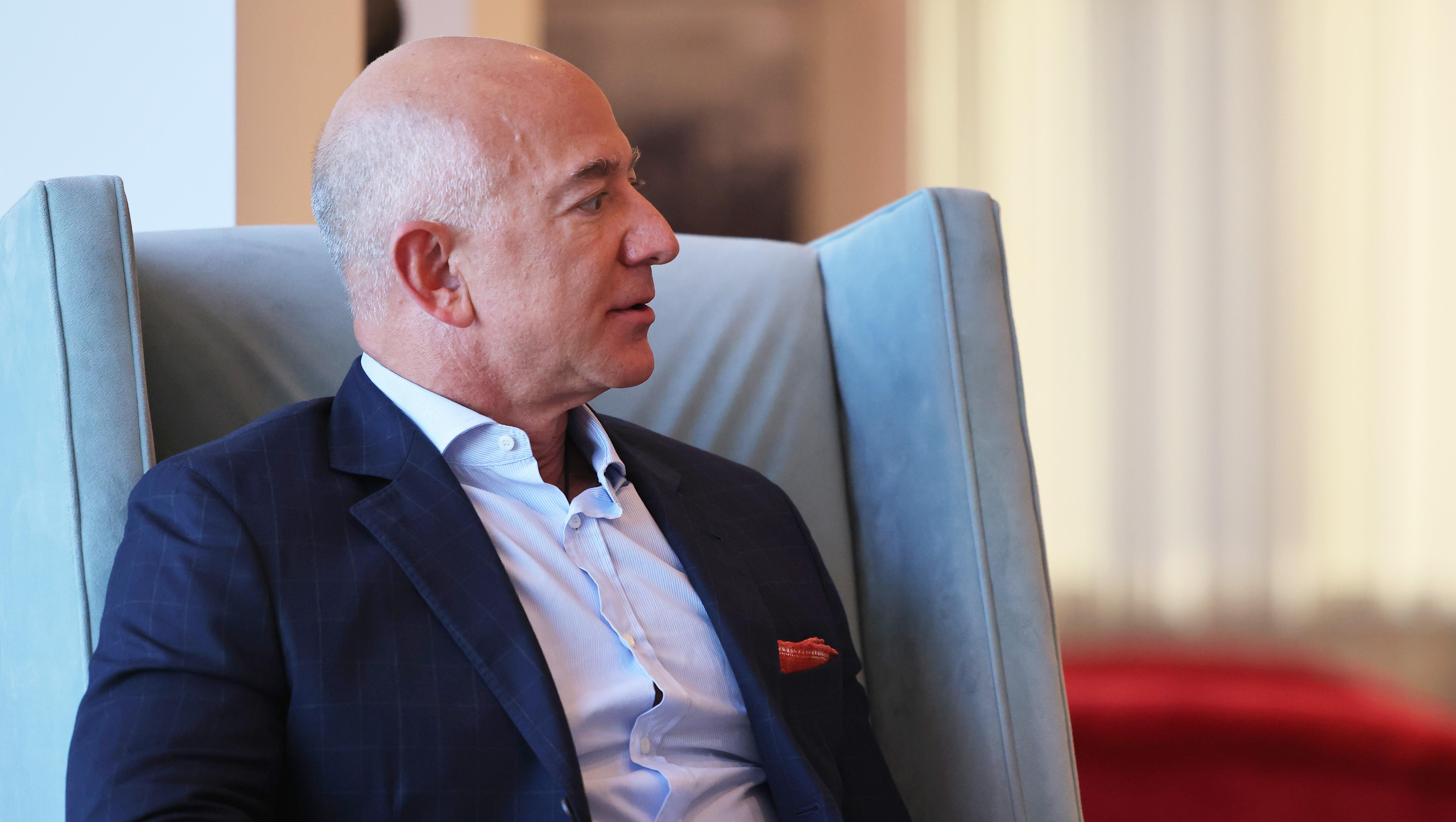Will the Unrealized Capital Gains Tax Targeting Billionaires Pass?
Lawmakers are targeting billionaires for tax revenue. Will the unrealized capital gains tax pass?
Oct. 27 2021, Published 10:06 a.m. ET
Right now, U.S. lawmakers are negotiating a spending bill that would cost about $1.75 trillion of the federal budget. But how will they get that money? Some members of Congress are targeting billionaires with an unrealized capital gains tax proposal.
Taxes on unrealized capital gains would redefine what income is and how much responsibility American billionaires hold to the country. Will the unrealized capital gains tax pass?
What is the unrealized capital gains tax?
Senate Finance Committee Chair Ron Wyden (D-Ore.) proposed an unrealized capital gains tax that would target ultra-wealthy billionaires.
The tax proposal is so niche that it would only apply to an estimated 700 taxpayers who have at least $1 billion in assets or a $100+ million annual income for three years in a row.
The proposal says the ultra-wealthy should be taxed on investment gains even before they sell their positions.
This would change what income means for billionaires
The recent Tesla (NASDAQ:TSLA) stock surge that sent shares to nearly $1,100 propelled billionaire founder Elon Musk's net worth to $290 billion. Of course, most of that wealth comes from swelled equity he currently holds, which means that it isn't realized—or liquid—capital gains.
Currently, the government taxes billionaires' investments the same way as everyone else's. Realized capital gains, and subsequently capital gains taxes, only occur when you sell a position at a profit.
With the unrealized capital gains tax, America would get a slice of Musk's net worth surge (as well as that of all other billionaires).
Does the unrealized capital gains tax stand a chance?
As Americans learned from ProPublica's June exposé, the ultra-wealthy have ways of avoiding income tax. Oftentimes, they avoid a taxable salary and instead opt for stock options. From 2014–2018, Musk paid a true tax rate of just 3.27 percent. Berkshire Hathaway (NYSE:BRK.B) founder Warren Buffett paid the lowest percentage at just 0.10 percent.
It's because of this that certain lawmakers are considering instituting a code-shifting billionaire's tax. At best, the tax could rake in $516 billion from the richest 169 Americans. Musk alone could pay $50 billion.
Some Democrats in Congress are on board with the plan, but it's an obvious minority. The proposal will need more tweaking if it wants to garner widespread support.
Experts highlight the problems with taxing unrealized gains
The key reasons lawmakers oppose the unrealized gains tax is because it's logistically complicated. Basically, experts still have a lot of questions, like how and when the government will measure quickly changing stock values. And what will happen to cryptocurrency taxes, whose assets are even more volatile?
The tax will also require billionaires to maintain higher levels of liquidity, which would stall the growth of wealth.
If not the billionaire's tax, then what?
The Democrat's spending bill has already been nipped and tucked in more places than it ever wanted. However, the ticket price for the package is still quite high, which means that the government will need to get money from somewhere.
If not the billionaire's tax, the U.S. will need an alternative tax revenue option. President Biden has proposed a corporate tax, going so far as to suggest a global corporate tax with the G7 nations would be smart.


